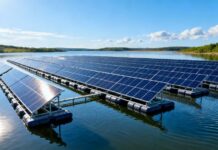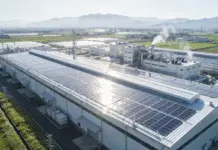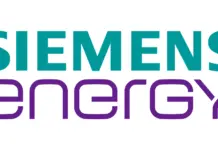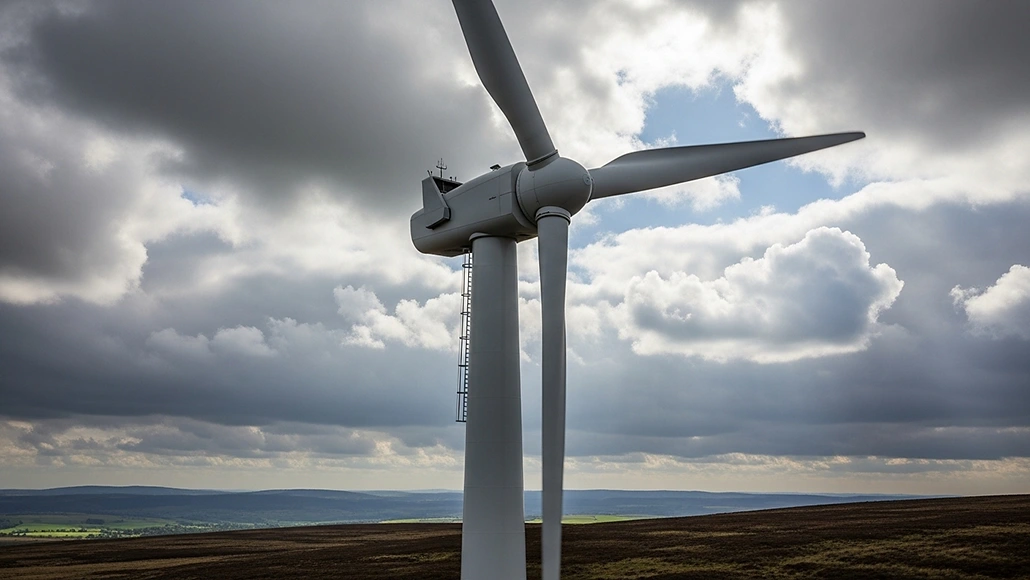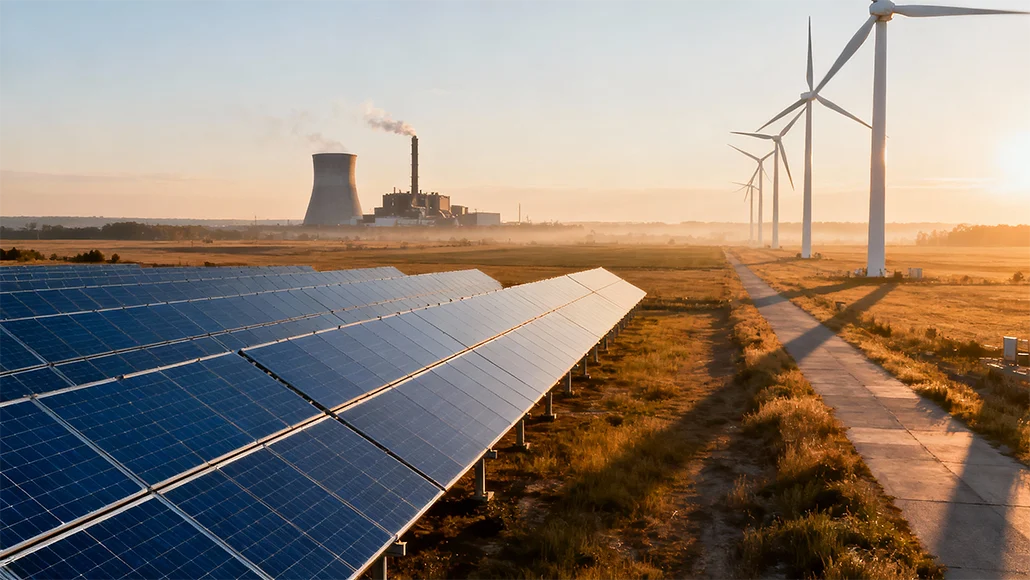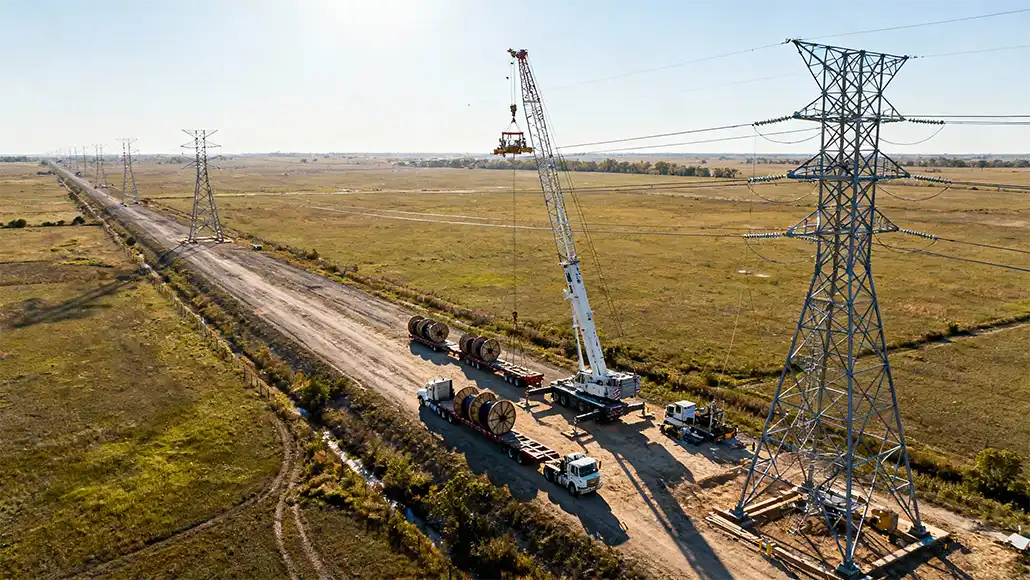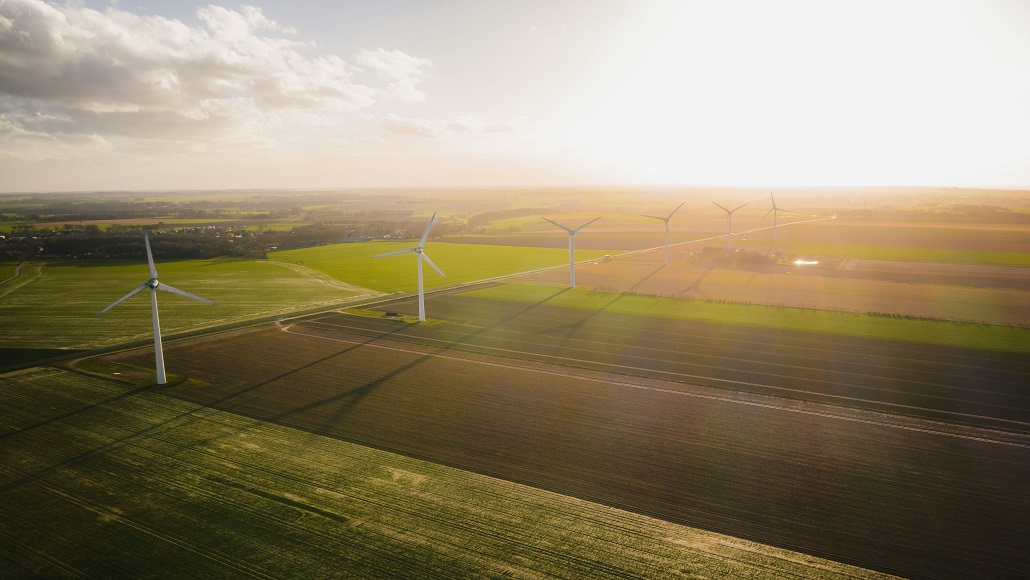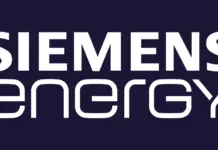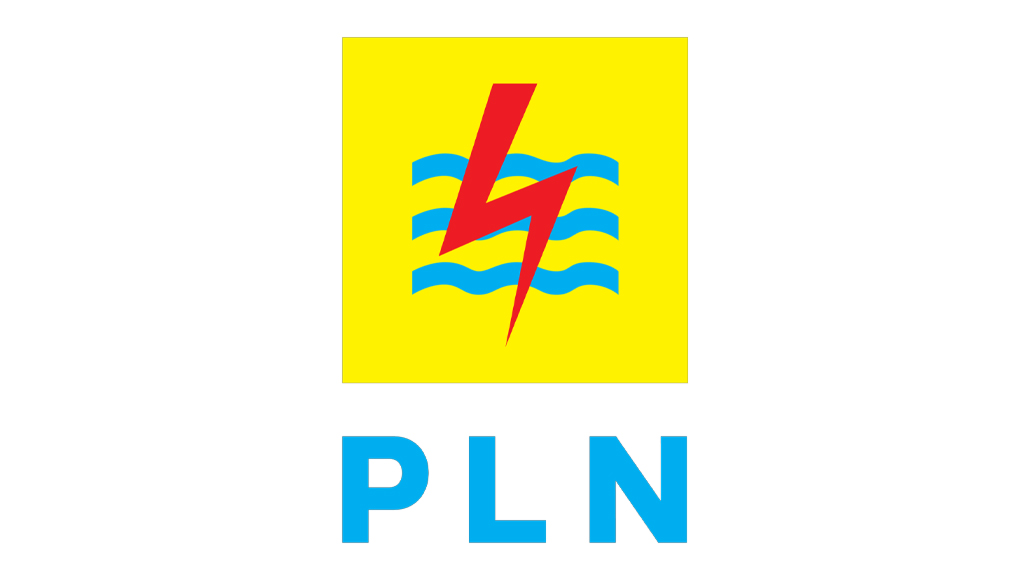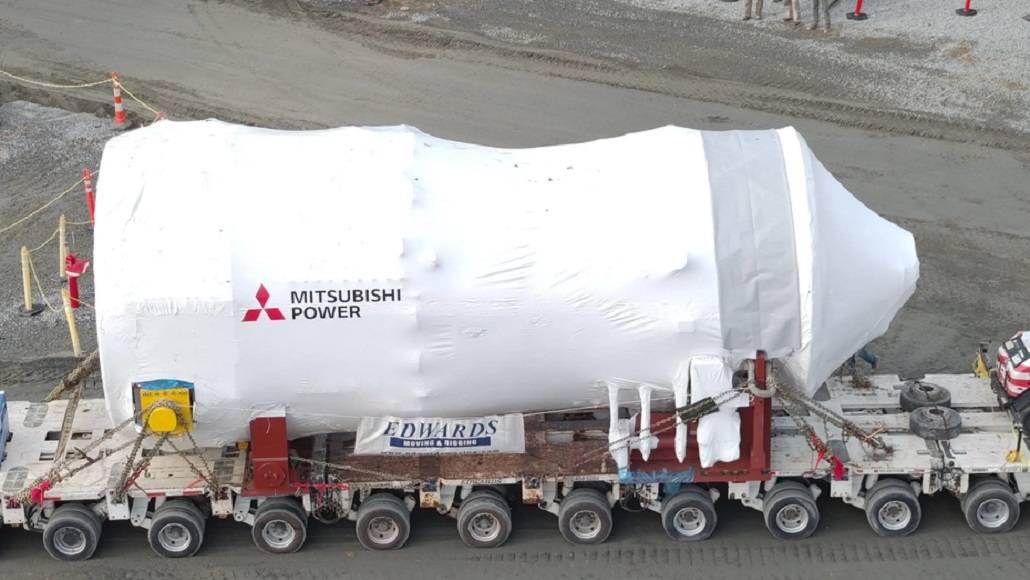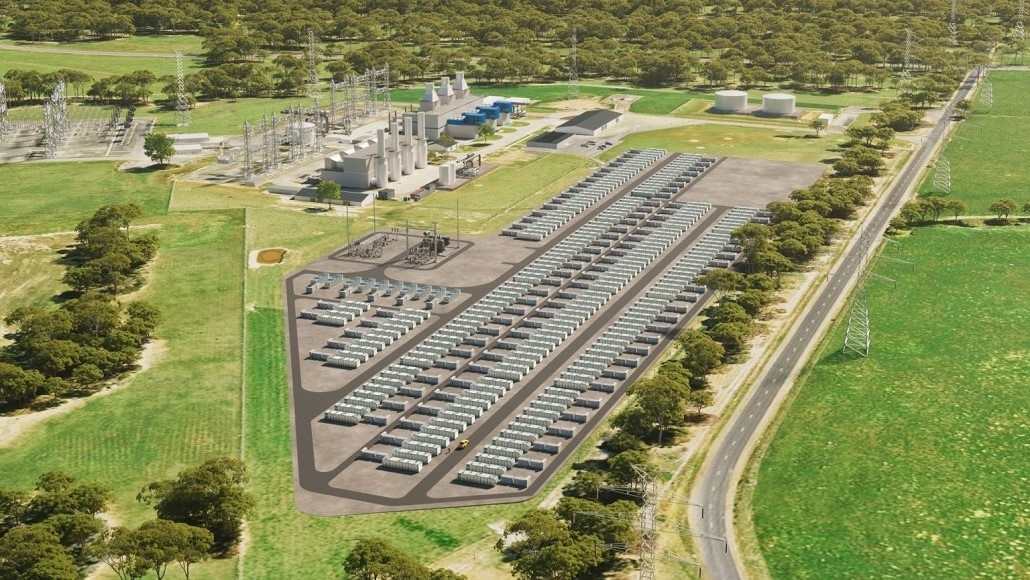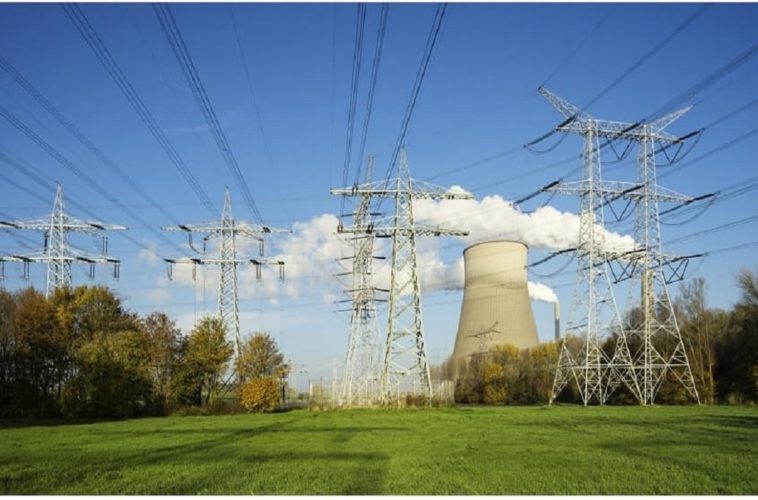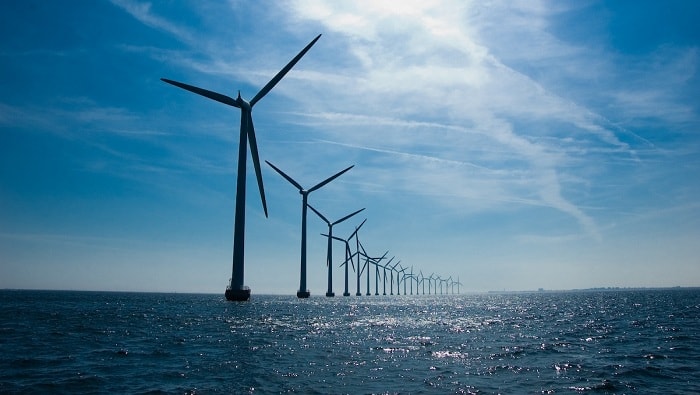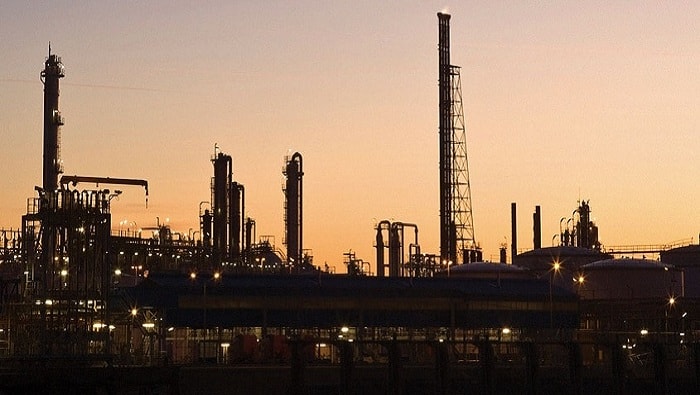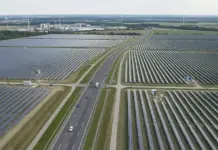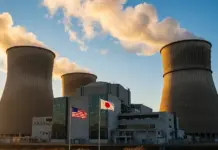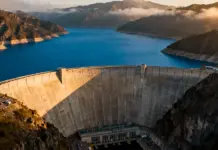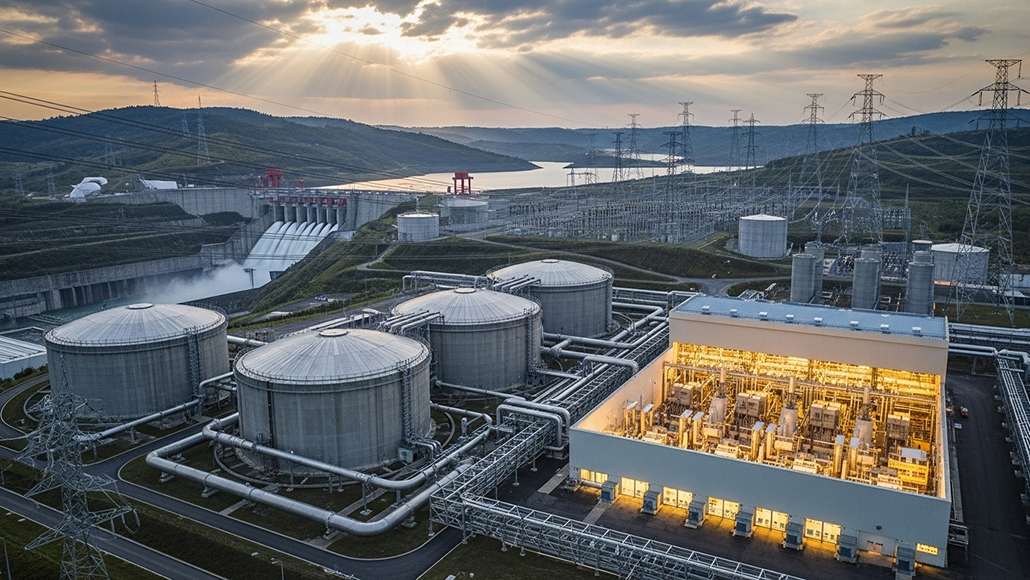Echogen Power Systems declared that its strategic partner, Westinghouse Electric Company, has signed a Memorandum of Understanding (MoU) with Vodohospodárska Výstavba (VVB) to work together to build Europe’s first grid-scale pumped thermal energy storage (PTES) system in Slovakia. This initiative is a big step forward in the work to make the continent’s energy infrastructure more robust and low-carbon.
Echogen is noted for its creative use of pumped thermal energy storage technology based on supercritical carbon dioxide (sCO₂), which is a promising method for long-duration energy storage. Echogen aims to collaborate with Westinghouse to scale such energy storage systems globally. The proposed plant in Slovakia will be the first of its type in Europe and will be able to store energy on a gigawatt-hour scale. During peak demand, it will take excess electricity from VVB’s hydropower stations and return it to the national grid.
The deal includes a comprehensive feasibility study and a front-end engineering and design (FEED) phase. These steps will help determine the best design and configuration for the pumped thermal energy storage system before construction begins. The project will prioritise local suppliers and workers, and construction is expected to be completed and operational by 2030. It is anticipated to contribute to regional economic growth and serve as a scalable model for similar projects across Europe and beyond.
Rob Bernard, Chief Commercial Officer of Echogen, stated, “This project represents a transformative step forward for clean energy in Europe. We are thrilled to bring our advanced sCO₂-based PTES technology to Slovakia in partnership with Westinghouse and VVB. Together, we are enabling a more flexible, reliable, and sustainable energy future for the region.”
Once operational, the PTES plant will significantly enhance Slovakia’s energy storage capabilities. It will support the European Union’s broader goals of decarbonisation and energy independence by optimising renewable energy usage, stabilising the grid, and reducing reliance on fossil fuels.
Echogen’s pumped thermal energy storage system functions by using electricity to power a heat pump, which creates a thermal energy difference stored and later converted back into electricity by a high-efficiency heat engine. This approach offers a competitive levelized cost of storage for long-duration applications and is compatible with a wide range of energy sources—including hydro, solar, wind, thermal, and even conventional generation systems.




